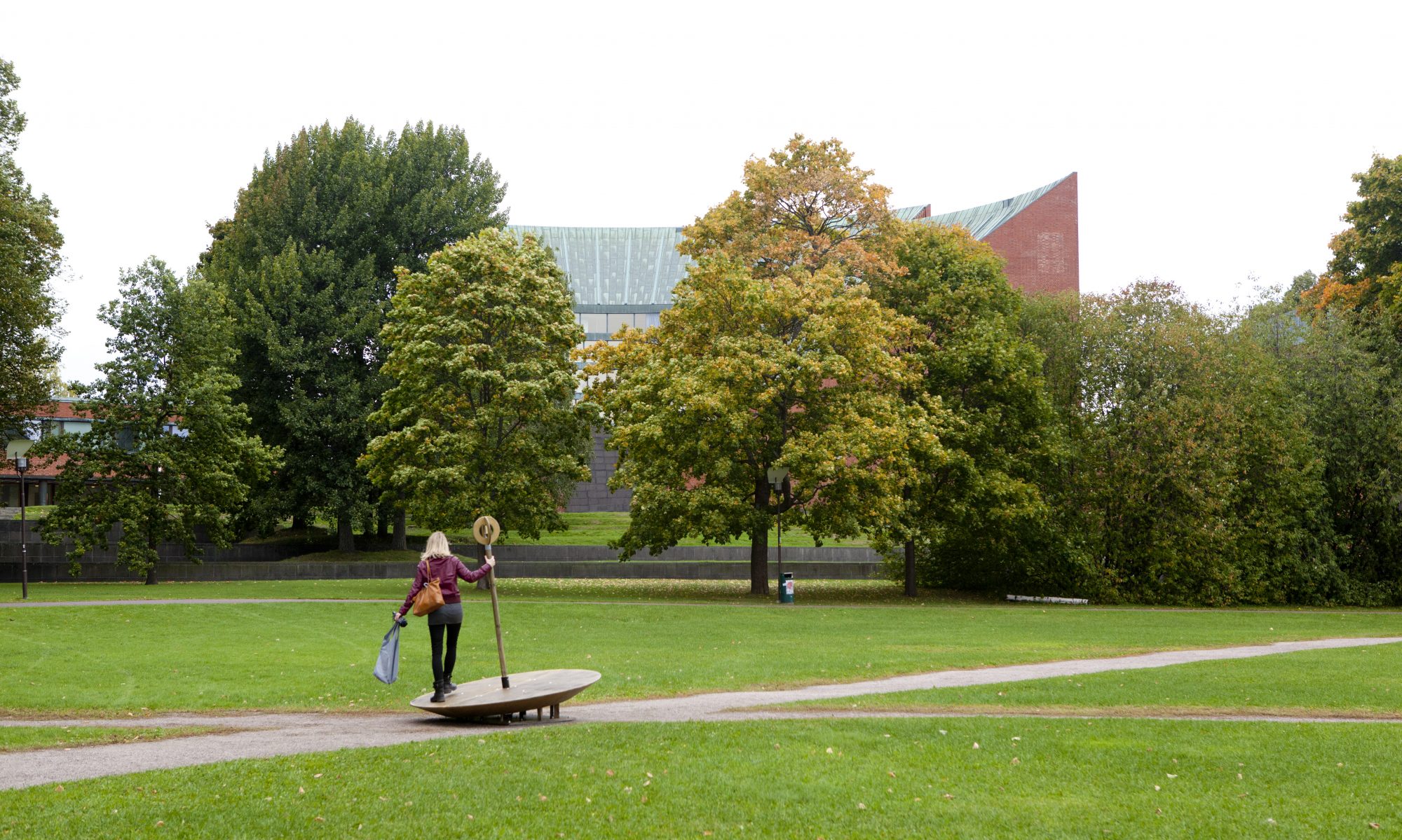Cryocourse 2018: International school on cryogenics, microwave measurements and low temperature engineering for quantum technology
Cryocourse is a series of events dating back to 2002. It has been organized in different locations approximately every second year. Events have been hosted in Grenoble (4 times), Helsinki (3), Eindhoven (1), Heidelberg (1), Madrid (1), and Kosice (1). The latest few of these events are presented on the website of the European Microkelvin Platform (EMP). This concept is valued as an important asset to upkeep and disseminate the knowhow of advanced cryogenic techniques at the European scale. In addition to low temperature physics, this is important for many aspects of solid state quantum technology, and for developing new applications of low noise amplification, novel quantum components, and microwave measurements at single quantum level.
In 2018, Cryocourse is one of the training modules provided by the European training network in Optomechanical Technologies (OMT), that receives funding from the European Union (grant agreement 722923).
Target audience
The event is aimed at young researchers at the graduate and postdoctoral level. We offer training by most knowledgeable and distinguished scientists in the field.
What you will learn
The students are provided with tutorial lectures on cooling and measurement techniques, low-temperature detectors and amplifiers, sample preparation for experiments at extreme conditions, as well as latest developments in the field of low temperature engineering for quantum technology. In addition, the program includes a visit to BlueFors Cryogenics Ltd and hands on exercises for thermometry and microwave techniques, guided by advanced graduate students and scientists at the Department of Applied Physics of Aalto University.
Topics
- Refrigeration techniques and thermometry at millikelvin temperatures
- SQUIDs and advanced Josephson junction technologies
- Amplifiers and microwave measurements at the quantum limit
- MEMS and NEMS devices
- Superfluid optomechanics
- Nanodevices for cooling and thermometry
- Fiber optics and Terahertz techniques
- Kinetic inductance devices and other low-noise detectors
